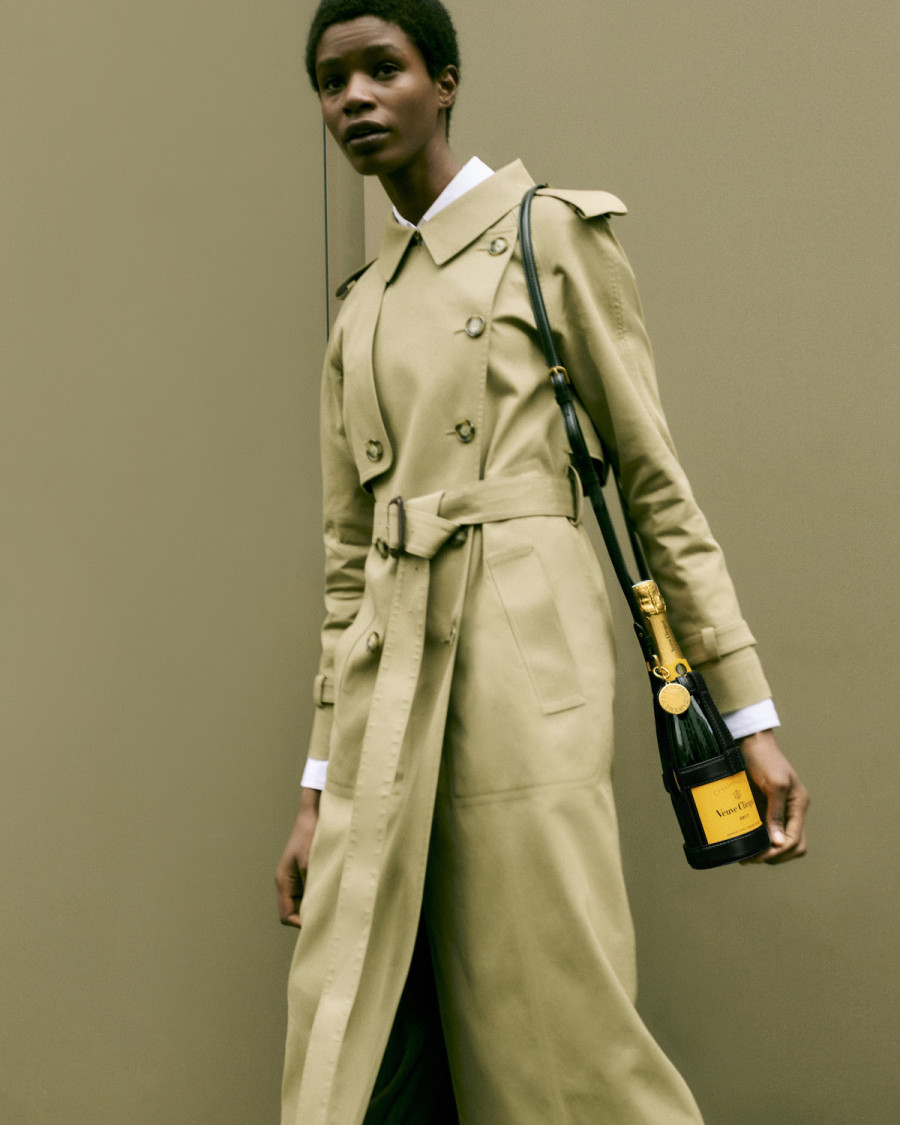
Stella McCartney is one of the most eco-friendly fashion houses around. Which is totally intentional. From the very onset, Stella McCartney decided to ban fur, skins, feathers or animal glues from her collections. Seven years later in 2008, the brand began using organic cotton. A couple of years later, PVCs were banned. Fast-forward to 2012 when bio-acetate was introduced into the eyewear category, recycled polyester became a mainstay, shoe soles became biodegradable and any wood pulp was required to be FSC-certified. Heck, the label even requested staff stop using plastic water bottles while in the office. Then came steps to eliminate angora and virgin mohair, a move to recycled nylon and much, much, much more.
Now the brand is teaming up with champagne maker Veuve Clicquot to take things to the next level. The two houses have created a vegan alternative to animal leather by using the byproduct of Veuve Clicquot's harvest. To make the new materials, grape stems are manually collected and sourced from the environmentally certified Grand Cru vineyard of Bouzy in Champagne, purchased by Madame Clicquot 200 years ago. The byproducts are then combined with both natural fibers and vegetable oils, which allow the materials to have a 40 percent lower impact on global warming. Not to mention a 50 percent drop in water usage.
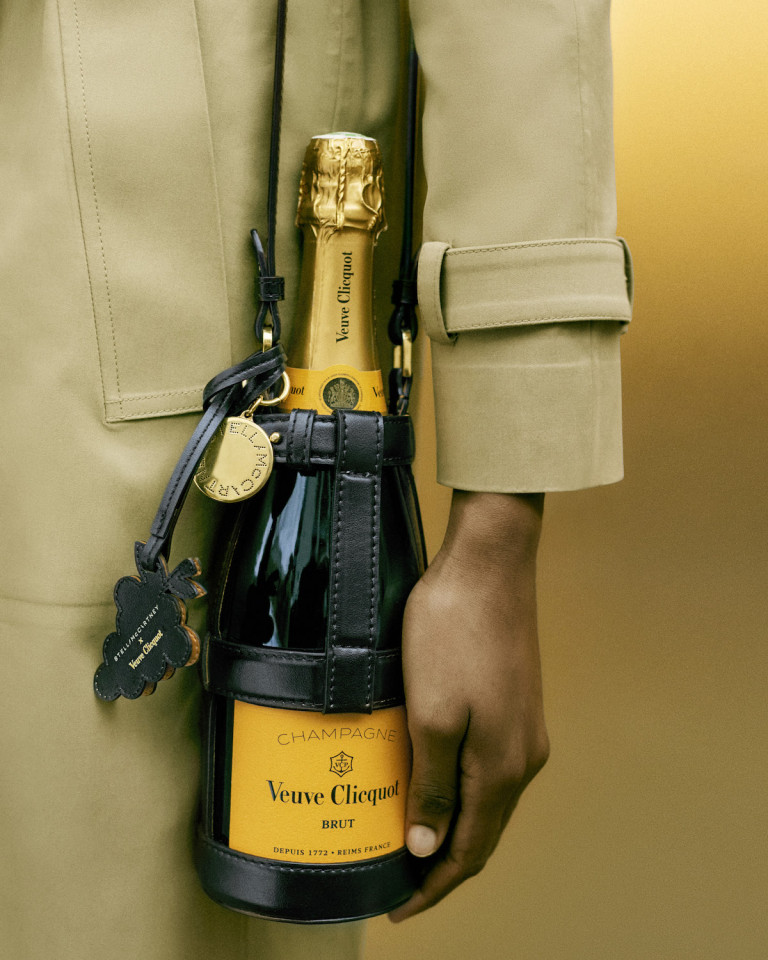
You can see why McCartney wanted to join forces. The pairing makes sense since Veuve Clicquot is also pretty eco-minded. It relies on regenerative practices that help restore local biodiversity, soil health and sequester carbon. The grapes are then handpicked to ensure the highest quality. The brand is continuing to revolutionize the industry by following the legacy set forth by Madame Clicquot, who contributed to the shape of the modern champagne bottle and even invented the still-in-use riddling table. Today the company is focusing on "next-generation" materials, uses vegetable waste to make its packaging and all its gift boxes are derived from hemp. "All grape stems used are grown regeneratively by Veuve Clicquot at its historical vineyard, and the material is solvent-free, metal-free as well as free from dangerous and toxic substances."
According to information on the fashion house's website, leather has an extremely high environmental impact. With "animal agriculture contributing an estimated 11 to 17 percent of the world's GHG emissions, with 65 percent of that being from cattle."
"This collaboration is the perfect blend of my cruelty-free vision with Veuve Clicquot's incredible natural ingredients, using waste to circularly create a luxurious alternative to animal leather that can be easily scaled and change the industry," explains McCartney. "You truly cannot tell the difference; this is a better way."
"This collaboration with Stella McCartney embodies our commitment for a more responsible future," echoes Veuve Clicquot CEO Jean-Marc Gallot. "From the vineyards to our product innovations, our driving force is articulated around shared, opened and collective progress. Reinventing a new circular material reusing the resources of our vineyards grown in regenerative agriculture is one of the key projects that demonstrate our climate entrepreneurship spirit."
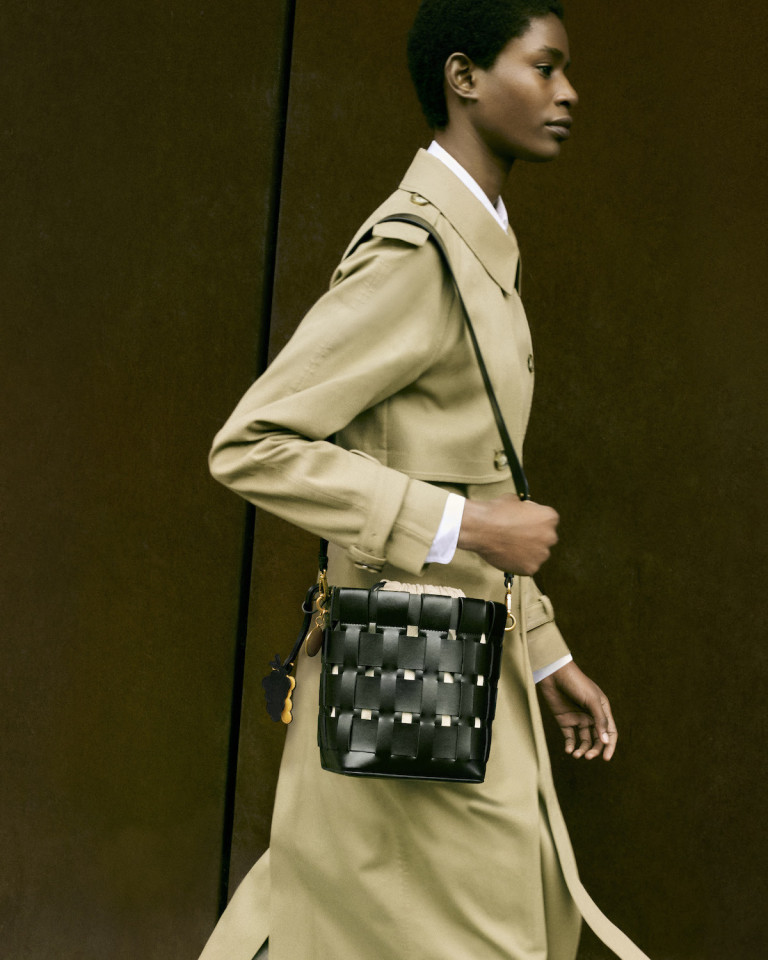
But the two houses didn't stop at just creating new materials. They actually used the new materials to craft a new collection of accessories. It revolves around six pieces, including bags, shoes and even a champagne bottle holder. Who would have thought grape waste could be transformed into something so beautiful?
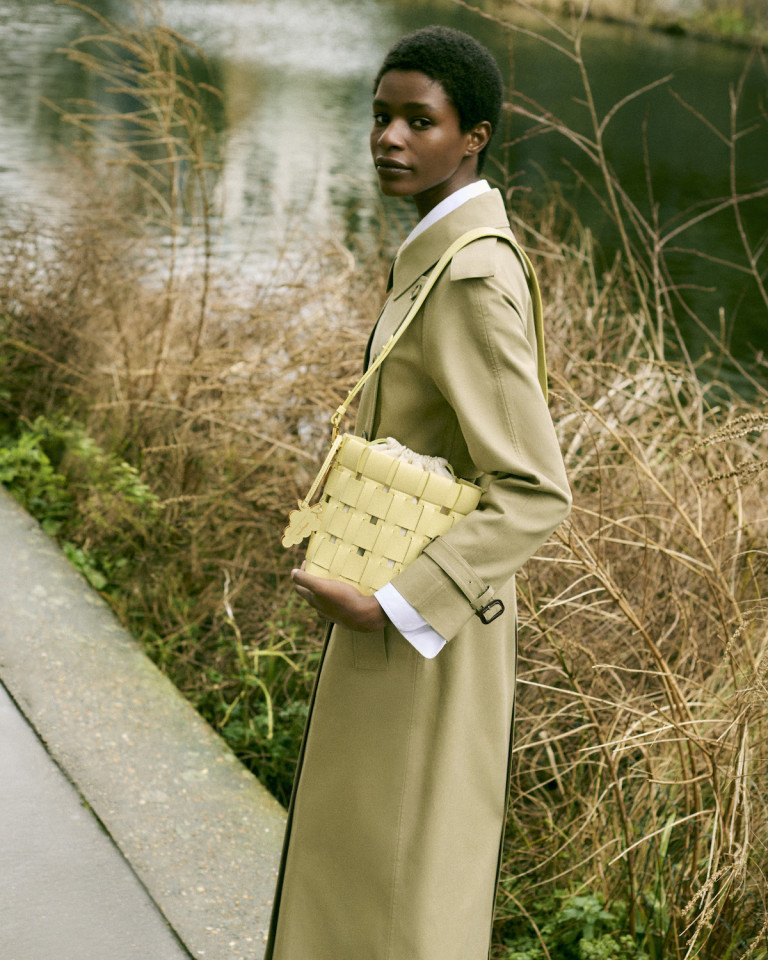
Some of the products actually made their way down the fashion house's Spring 2024 runway. But the only way you can get your hands on the new Stella McCartney x Veuve Clicquot collection of accessories is by visiting one of Stella McCartney's stores.
The fact is that McCartney has become the yardstick by which all other fashion brands are to be measured. In more recent years, several fashion houses have pledged to go fur-free. Prada stopped using it in its collections beginning with the Spring 2020 season. For Fall 2019, 3.1 Phillip Lim stopped using fur and exotic skins. Coach, Gucci, Diane von Furstenberg and Michael Kors cut out fur back in 2018. Jimmy Choo, Versace, Maison Margiela, Tommy Hilfiger and Giorgio Armani are just a handful of other brands no longer favoring the controversial item.
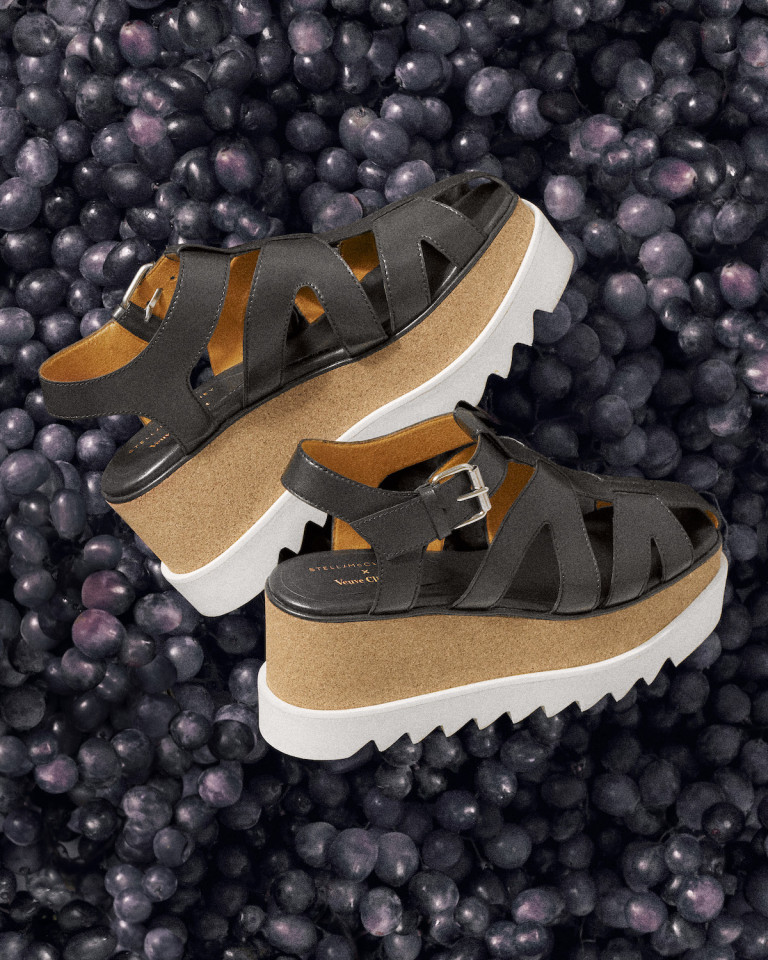
There are also plenty of retailers that rely on green practices. Reformation built its whole business around the concept. It uses a variety of recycled fabrics to craft its wares, including its just relaunched swimwear line. H&M developed its own conscious collection that offers shoppers a more planet-friendly approach as compared to its usual fast-fashion lineup. Veja is the go-to sneaker brand for the fashion- and eco-minded. There are also a growing number of sustainable jewelry makers, from K/LLER Collection to Melissa Joy Manning. The best part? You don't have to wait until Monday, April 22 (aka Earth Day) to start stocking up.
© Copyright Fashion Times 2024. All rights reserved.










